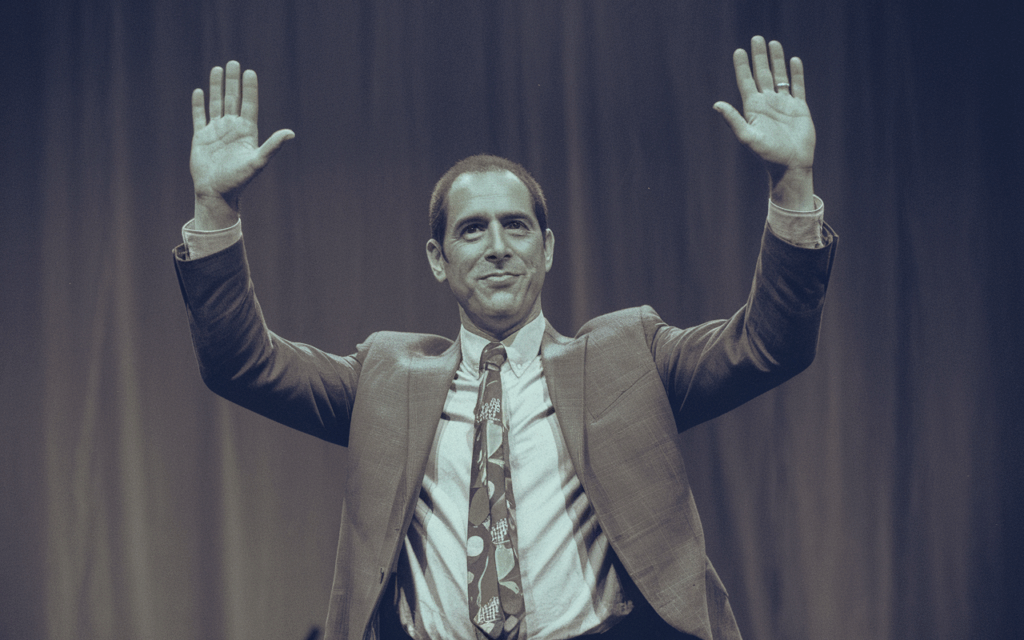Jerry Seinfeld's Controversial Comments on the Free Palestine Movement: A Deep Dive 🌍💬
Recently, comedian Jerry Seinfeld made headlines for his comparison of the Free Palestine movement to the KKK during a speech at Duke University. His remarks have ignited a firestorm of debate, reflecting the complexities of ongoing global conflicts and cultural dialogues. In this blog post, we'll explore Seinfeld’s comments, the backlash, and the broader implications for discourse around sensitive topics.
The Remarks That Sparked Outrage 🚨
Invited to introduce former Israeli hostage Omer Shem-Tov, Seinfeld claimed, “Free Palestine is, to me, just — you’re free to say you don’t like Jews. Just say you don’t like Jews.” He continued, suggesting that proponents of the movement were not being honest about their sentiments, using the KKK as a benchmark for their perceived dishonesty. According to him, at least the KKK is upfront about its animosity. This analogy has since been criticized as inflammatory and reductive.
The university subsequently clarified that Seinfeld requested for his appearance to be kept low-key and that the invitation did not imply endorsement of his comments.
Key Reactions 💥
The backlash was swift. Many found Seinfeld’s remarks not only inappropriate but also unhelpful in progressing understanding of the Israeli-Palestinian conflict. Critics argue that using such charged historical comparisons can dilute the significance of the KKK’s impact while trivializing the ongoing struggles faced by Palestinians.
Students even staged walkouts during Seinfeld's previous appearances at the university, indicating a growing sentiment of dissent against controversial figures who attempt to address complex issues without adequate sensitivity or nuance.
The Larger Conversation 🔄
Seinfeld's comments bring to light the crux of a much larger discourse regarding freedom of speech, ethnic identity, and the importance of contextualizing political movements. While comedy often aims to provoke thought, it also carries the risk of oversimplifying real-life suffering and division.
As we've seen in numerous other instances—from celebrities speaking out on political issues to artists engaging with social commentary—context matters. The balance between humor and respect for people's lived experiences is a delicate one.
Seinfeld's remarks could serve as a reminder for all of us to approach sensitive topics with the gravitas and understanding they demand.
Conclusion 🤔
In an age where public figures wield significant influence, discussions like these are essential. They remind us to navigate our conversations with care, ensuring that our humor and opinions do not inadvertently harm or misrepresent the struggles of marginalized communities.
What do you think? Is it ever appropriate to make sweeping generalizations about social movements, or should our discourse evolve to recognize the complexity of these issues? Share your thoughts in the comments below! 🗨️👇
Optional Hashtags:
[#JerrySeinfeld #FreePalestine]

More Stories
Exciting News: The Summer I Turned Pretty is Becoming a Movie
Reflecting on Robert Redford’s Legacy of Integrity and Artistry
Sara Rivers Appeals Dismissal of $60 Million Lawsuit Against Sean Combs: A Fight for Justice in the Entertainment Industry